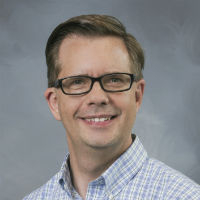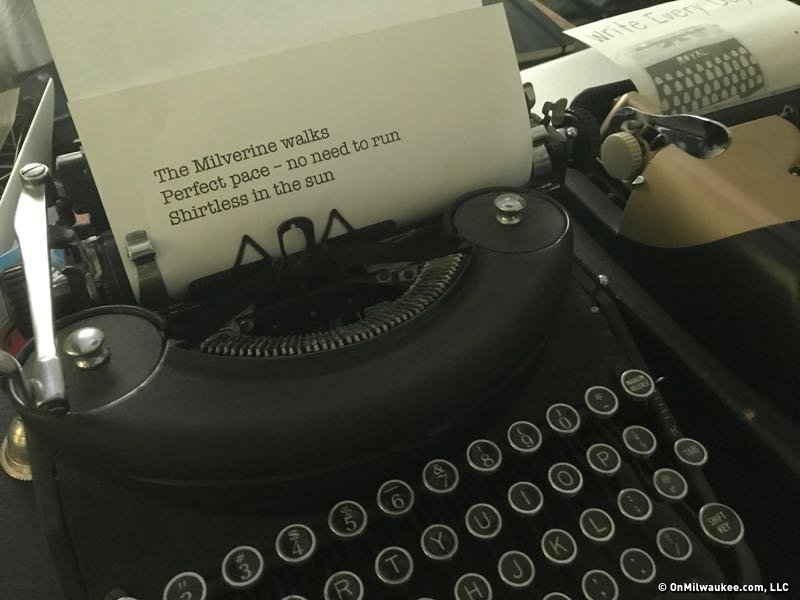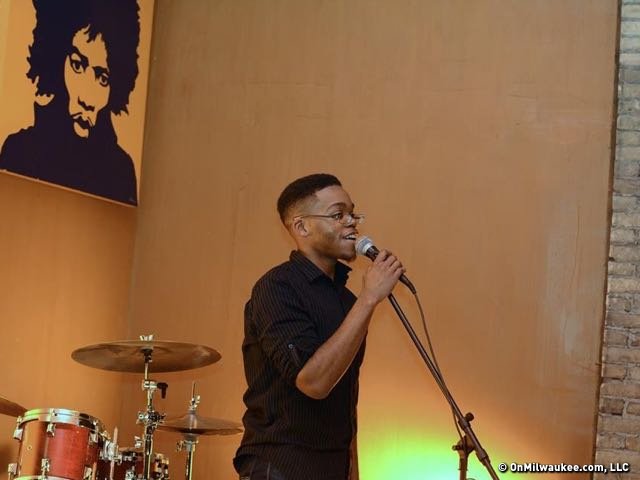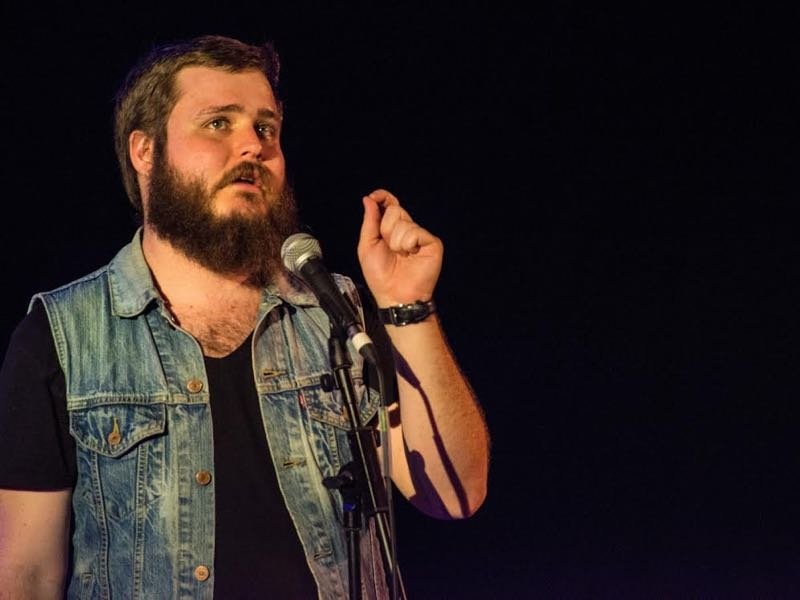Since winning the Teen State Slam Finals for Wisconsin in March, six poets have been creating new works in preparation for the Brave New Voices national competition in Atlanta next month. Their poems at the state competition and for the nationals focuses on their views and experiences growing up in the central city including violence, alienation and racial prejudice.
"We tried to get an early start on preparations this year, but that competition deadline is coming up fast," said Dasha Kelly, founder of the Still Water Collective and director of Wisconsin’s Teen State Slam poetry group. This marks Kelly’s ninth year leading a group of 13- to 19-year-old local poets in the competition.
A flurry of topics and ideas for poems have been flowing among group members via Skype calls, text messages and Google Docs, and the first of three planned sleepovers was held recently at Kelly’s home. Fueled by snacks, french fries and other fried foods, the creative session carried on past 2 a.m. True to the origins of slam or spoken word poetry, the subject matter the group is exploring is gritty and intensely personal. Topics under consideration or development include mixed race couples, feminism, sex, fear of black people and "things my best friend’s death taught me."
Kelsey Calvin, a Milwaukee High School of the Arts sophomore, is among the poets who will be representing Wisconsin in the national competition, along with Brianna Ward, Jonnie Dixon, Caide Jackson, Alea McHatten and Mikey Murray. Said Calvin, who is white, "I like slam (poetry) because I hear from minority groups that I’m not a part of, and it makes me think from other peoples’ perspectives."
Slam poetry is written to be performed onstage and, according to Murray, it is more authentic than traditional forms of poetry. "Spoken word is more honest; it’s poetry without rules," she said.
Most of the poets said their writing has addressed more mature topics as they gained experience with slam competitions. Rhyming every line and simple poems about family or teen angst have been replaced by social justice topics and complex questions about sexual and racial identity.
One of Ward’s poems in the Milwaukee competition was about a young girl who was killed by stray gunfire a few houses away from Ward’s family home. Ward wrote:
Why are the boys such cowards?
I didn’t know ding dong ditch had morphed into shoot shoot run
How gangsta is it that you murdered a five-year-old girl and you didn’t even have the balls to look her in the eyes as you did it
Run and tell your homeboys that you tasted power today ….
Jackson lives in Madison and is the sole member of the group from outside Milwaukee’s central city neighborhoods. Being an honest poet means being truthful about yourself and willing to expose yourself, Jackson said. "I felt less nervous singing in a choir because you’re less vulnerable using someone else’s words," she said.
She has recently been exploring feminist topics such as oppression towards women and internalized misogyny. "Society gives us the idea that a woman’s value is partly based on her looks, and we reject that," Jackson said. "But I recognize in myself the times I still judge other women based on their appearance."
She recently further wrestled with misogyny and double standards in a poem about armpit hair. Why is it acceptable for men to have it but women are expected to shave, she asks. While presenting that poem, Jackson shows off the natural state of her own underarms.
Since slam poetry is performed – "poetry for the stage versus for the page" – students are tempted to emphasize presentation over writing quality, said Kelly. She added that every year some groups at the national competition develop flashy presentations that lack the qualities of well-written pieces, including structure and internal consistency.
"Along with the excitement of performing, some get seduced and start competing because they want to win and they stop creating stories that need to be told," Kelly said.
Murray has noticed that more people approach her to compliment her work after she has performed intensely personal poems. The team hopes that approach will succeed with the national judges.
"We’re writing pieces that we are all passionate about," said Murray. "It’s not about trying to win — just telling what’s important to you."
Ward added that regardless of the race or background of her audience, she hopes her poetry helps people understand her feelings and connect an idea or emotion from her life to theirs.
Several poets focus on the deeply personal nature of their works and use it as a motivation for getting up on stage. Murray, for example, was once told by a mentor that in every audience there is someone who needs to hear your story so they’ll know that they are not alone.
Calvin has written about sexual abuse and believes many people underestimate its prevalence in society. "A lot of my message is for people who haven’t experienced abuse and may have never really considered that these things happen."
Prior to joining NNS, Wisla worked in a range of corporate communications roles in the U.S. and overseas. Currently, he's a master's degree student at the Diederich College of Communication at Marquette University.







